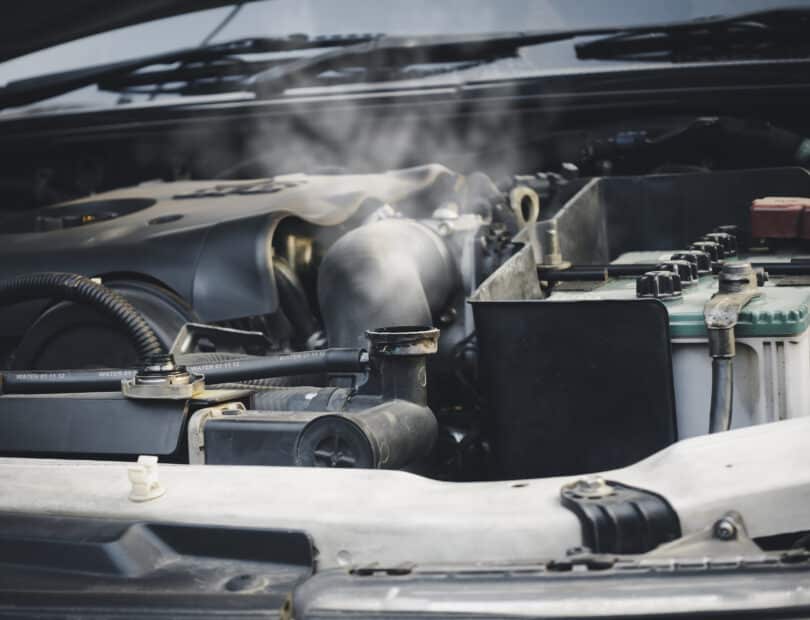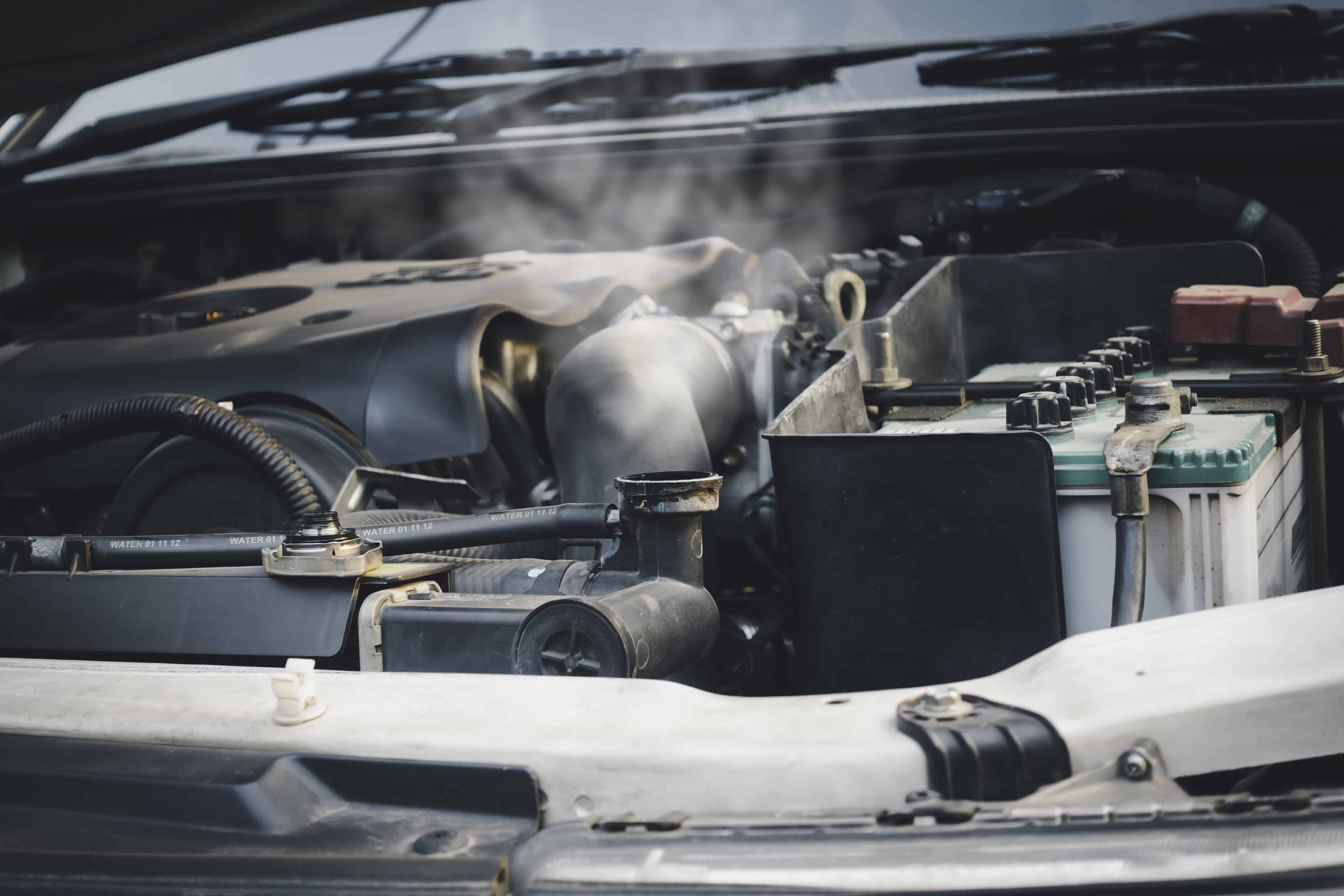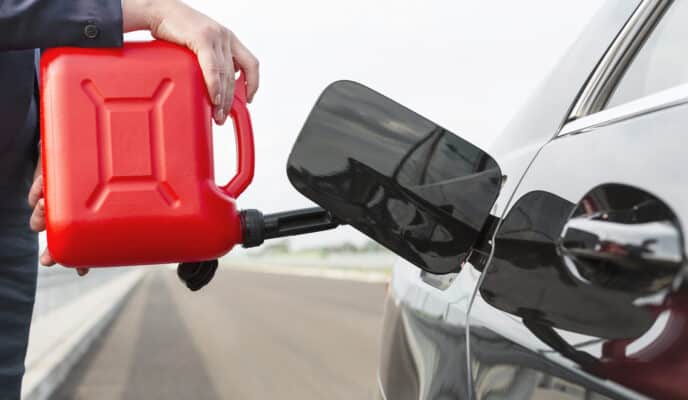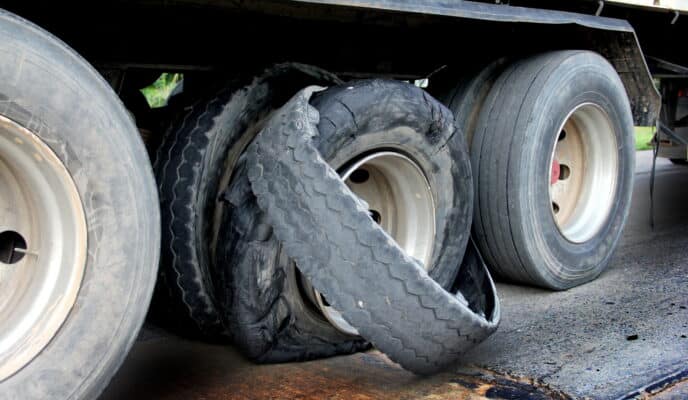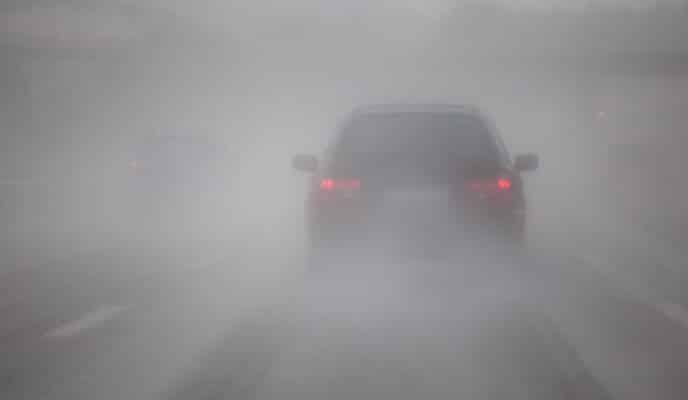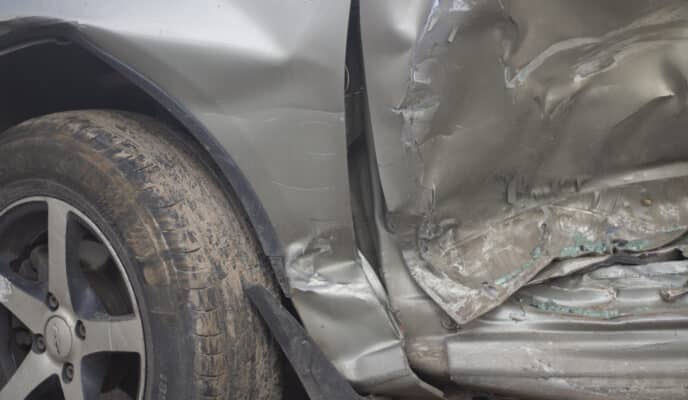When your vehicle overheats, it can be a scary experience. Most people don’t know what to do or how to fix the problem. Not only is it an inconvenience, but it can also be dangerous. In extreme cases, an overheated engine can catch fire. To avoid this nightmare scenario, it’s important to be aware of the most common causes of a vehicle overheating. Often it’s not as serious as it seems, and some causes are easily preventable or fixable.
The 10 Most Common Causes of Vehicles Overheating Are:
- Coolant Leaks: One of the most common causes of a vehicle overheating is a coolant leak. If you notice that your coolant level is low, there’s a good chance that there’s a leak somewhere in your system. Check for leaks around hoses, the radiator, and the water pump.
- Old, Worn-Out Coolant: Even if your coolant levels are where they should be, your car may still overheat if the coolant itself is old and worn out. Over time, coolant breaks down and becomes less effective at doing its job. That’s why it’s important to change your coolant according to your manufacturer’s recommendations.
- Radiator Cap Issues: The radiator cap maintains the correct amount of pressure in your cooling system. If it’s not functioning properly, it can cause your vehicle to overheat. Inspect the radiator cap for cracks or other damage.
- Faulty Thermostat: The thermostat regulates the flow of coolant through your engine. If it becomes stuck in the closed position, it can cause your vehicle to overheat. You’ll need to replace the thermostat if this is the case.
- Worn Out Fan Clutch: The fan clutch allows your fan to engage and disengage when needed. If it’s worn out, your fan will stay on all the time, causing your engine to overheat. If this is the case, you’ll need to replace the fan clutch.
- Faulty Oxygen Sensor: The oxygen sensor monitors the amount of oxygen in your exhaust system. If it’s faulty, it can cause your engine to run too lean, which can lead to overheating. A faulty oxygen sensor needs to be replaced.
- Water Pump Failure: The water pump circulates coolant through your cooling system. If it fails, it can cause your vehicle to quickly overheat. You must replace a failing water pump.
- Clogged Radiator: A clogged radiator can prevent coolant from flowing properly, causing your vehicle to overheat. Use a radiator flush solution and brush to clean any debris out of your radiator fins.
- Low Oil Level: If your oil level is low, it can cause your engine to overheat because oil helps cool and lubricate engine parts. Check your oil level and add more if necessary.
- Head Gasket Failure: A blown head gasket can cause coolant and oil to mix, which can lead to overheating. You’ll need to have a professional replace the head gasket if this happens.
Several things, some more serious than others, can cause vehicles to overheat. In most cases, though, it is something that can be easily fixed. If you think your car might be overheating, pull over immediately, and call Tim’s Towing , your towing company, for commercial towing and roadside assistance. Trying to drive an overheating vehicle can do serious damage to your engine and is just not worth the risk.
